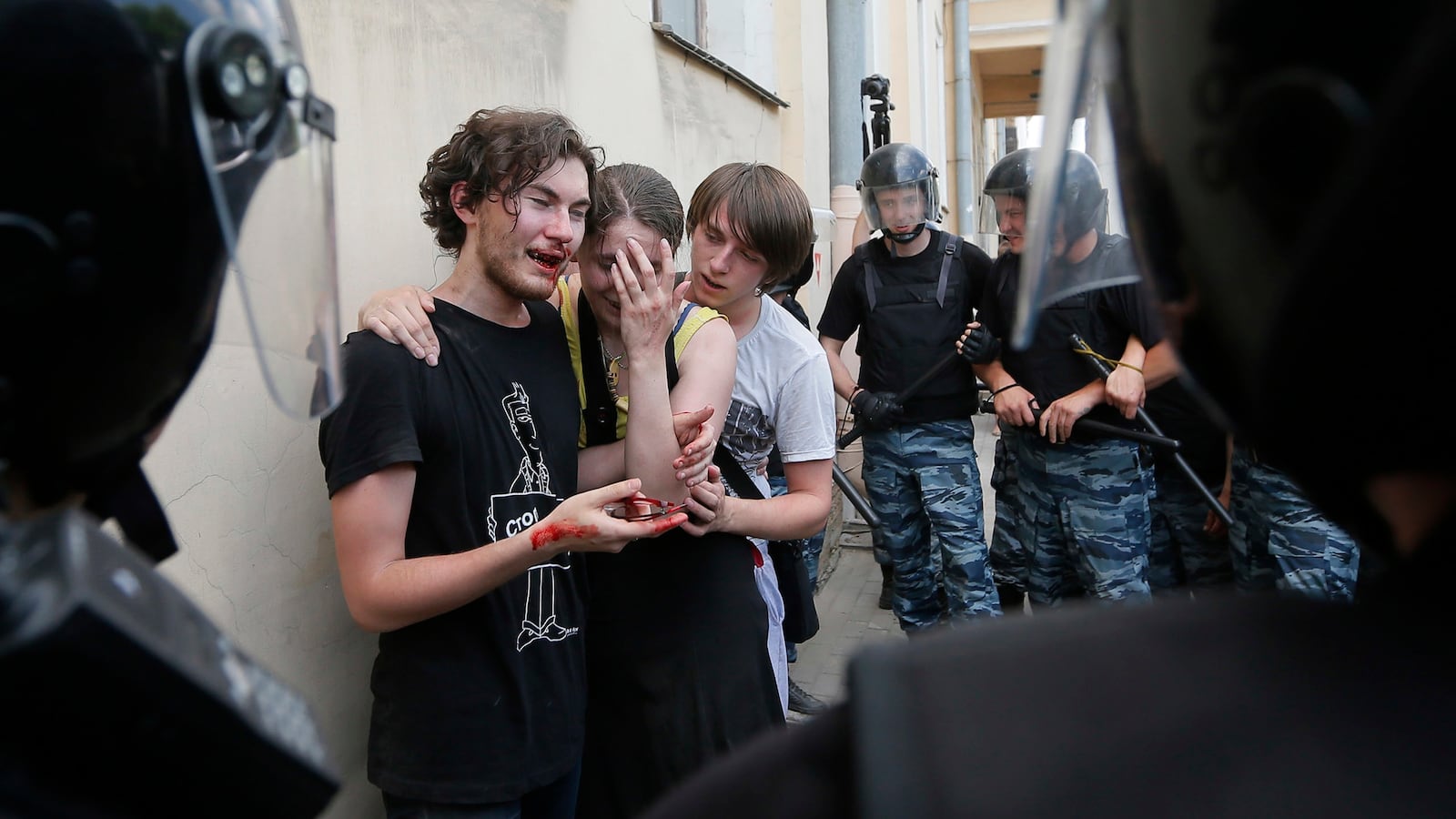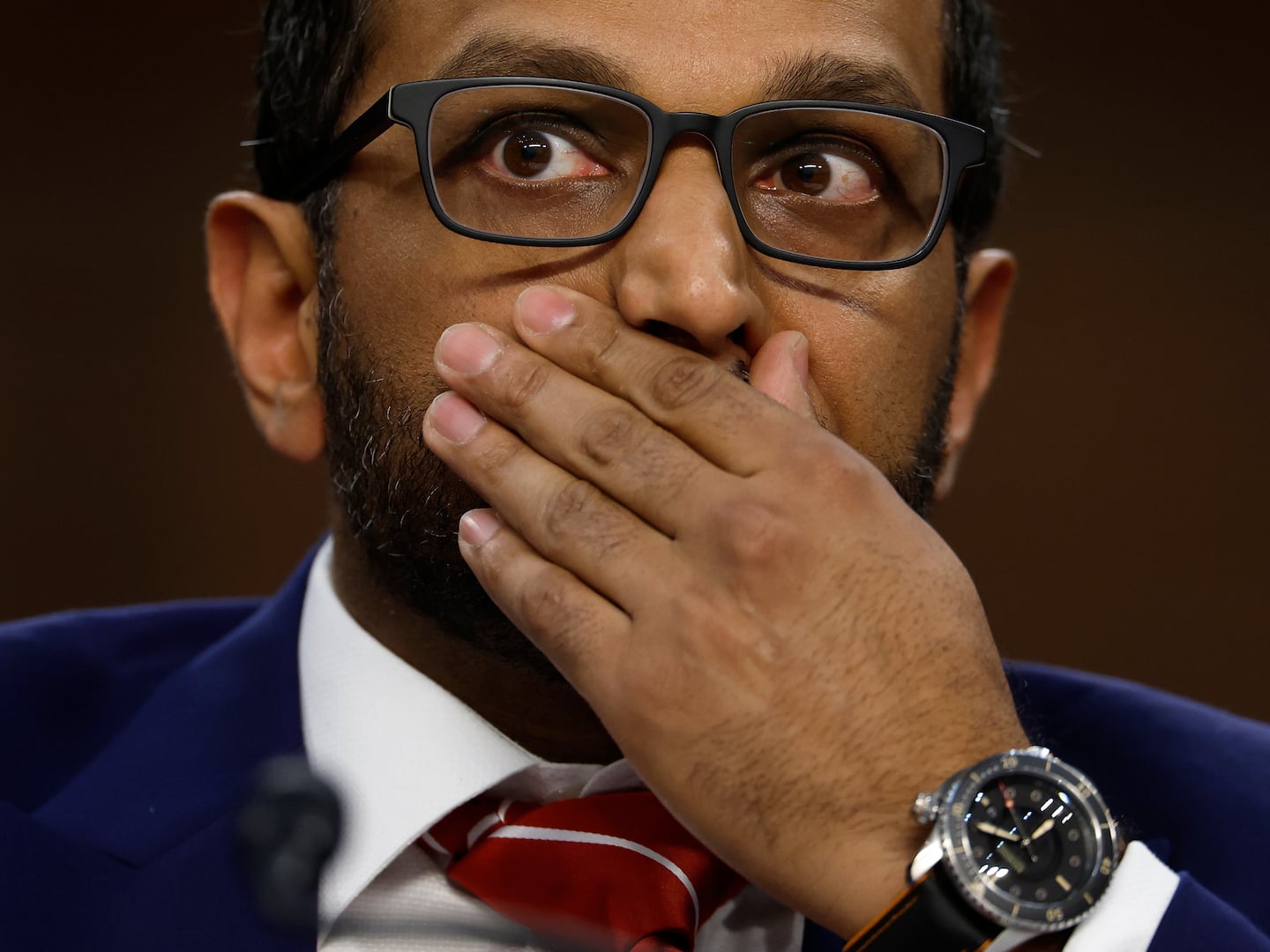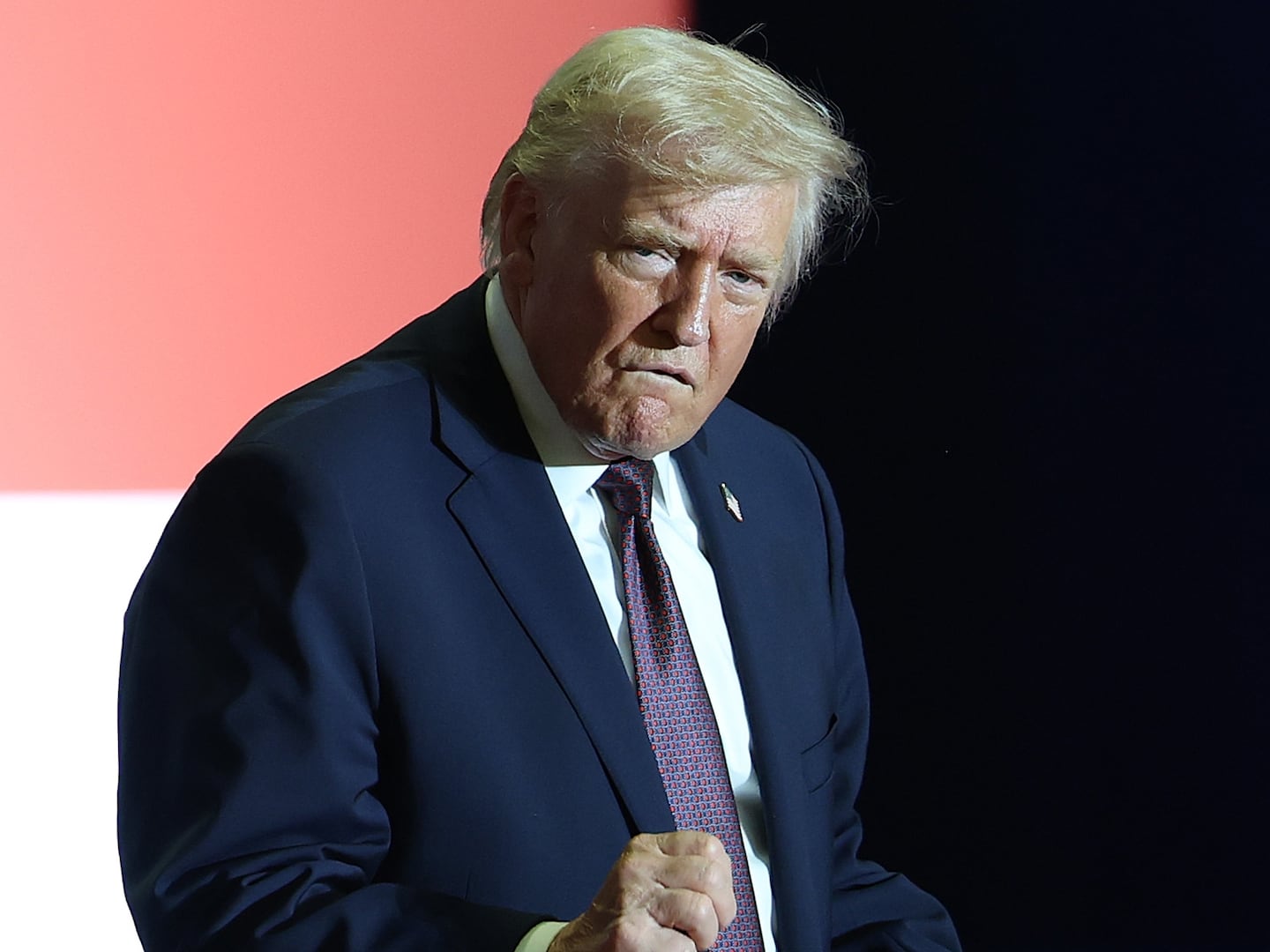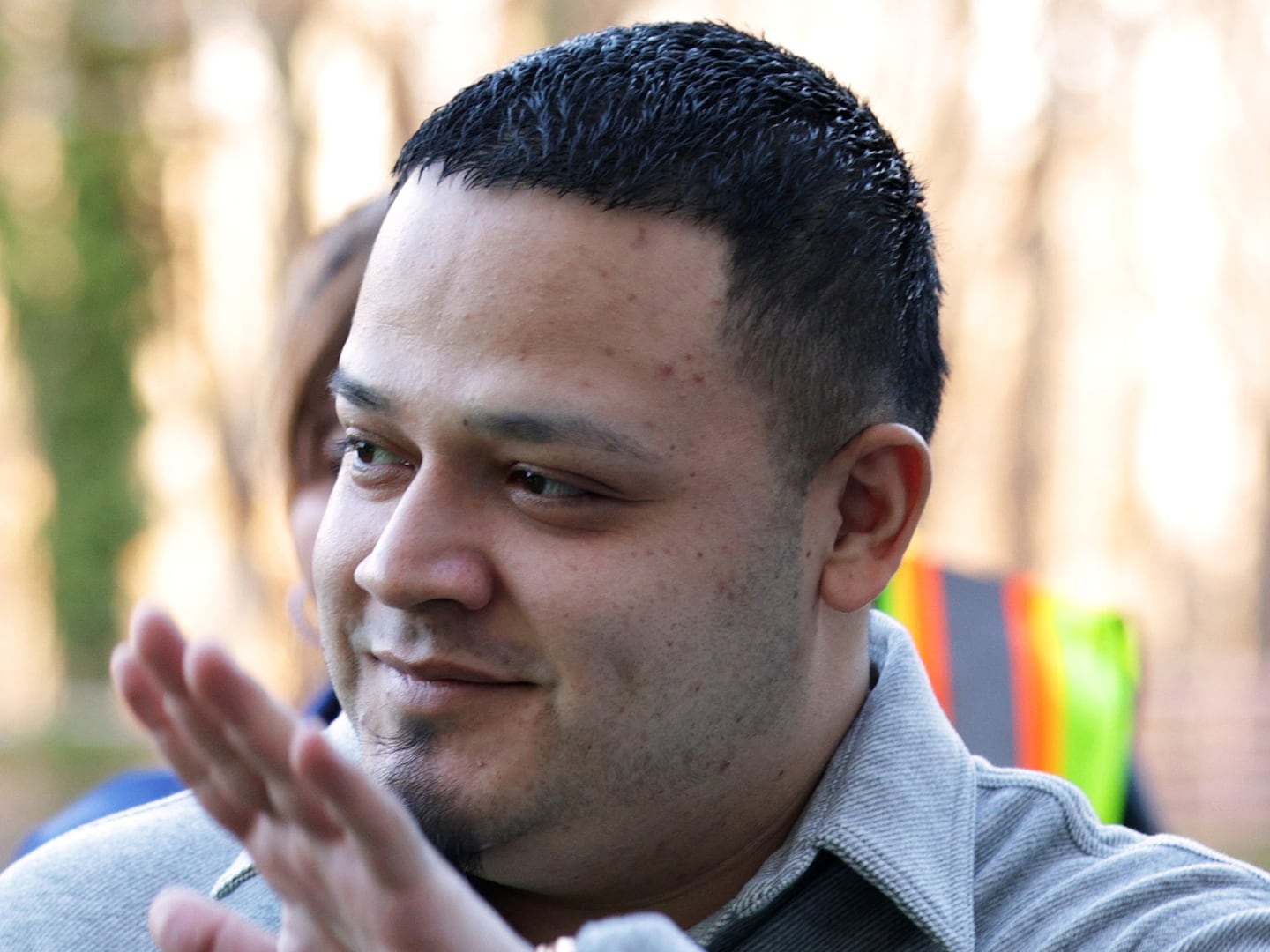We all know things are bad for LGBT people in Russia, right?
In fact, we have no idea. In an exclusive interview with The Daily Beast, Tatiana Vinnichenko, director of the Russian LGBT organization Rakurs, revealed how much most of us in the West don’t know about Russia’s anti-gay crackdown. And all of it is bad news.
First, official state prosecutions and persecution of LGBT organizations has morphed and intensified. Previously, LGBT organizations were pressured to register as “foreign agents”—spies, basically—but those registrations were subject to judicial review. The results were uneven: Some courts rubber-stamped the government’s positions, but others found a lack of evidence and ruled for the LGBT organizations.
Earlier this year, says Vinnichenko, the law was quietly changed. Now the government has the power to declare an organization a foreign agent as an administrative matter. In other words, what was once a matter of law, however imperfect, is now a matter of bureaucracy. With one fell swoop—and one that can come at any moment, without warning—a gay community center, or film festival, or support group can be branded a spy.
The St. Petersburg-based LGBT organization Coming Out has been immersed in Russia’s Kafkaesque bureaucracy for months, having endured four hearings to ascertain whether it is a foreign agent. But it has endured, thanks to the rule of law. Without that protection, Coming Out would have no recourse. And once one is labeled a foreign agent, even routine administrative errors can result in criminal prosecution.
“We are being boiled in a pot,” Vinnichenko said.
The foreign agents law and the “anti-propaganda law” are really just the tip of the anti-gay iceberg, however. The newest phase of Putin’s campaign has been, ironically, privatization.
According to Vinnichenko, Russian authorities are putting pressure on all kinds of institutions—banks, landlords, employers—not to do business with LGBT people and LGBT organizations. Because licenses are required for just about everything in Russia, this “pressure” is existential. Banks are being told, “Dump your LGBT customers, or we’ll shut you down,” she said.
In Vinnichenko’s case, the threat is immediate and personal. A mother of two, she works for the Northern Federal University. Her employers have been pressured from above and have in turn demanded that she stop her advocacy work. “I am going on leave, because you cannot be fired while on leave, but as soon as I return, I expect to be fired,” she said. How she will replace her lost income, especially as she is publicly blacklisted, she has no idea.
Rakurs’s bank and landlord have come under similar pressure. Vinnichenko says all banks have been told that if they have any LGBT organizations as clients, they will lose their licenses; it’s just a matter of time until all of the organizations’ accounts are closed. And the local LGBT community center she runs, she says, is in danger of losing its lease and will have nowhere else to go. No one will rent to her.
This subcontracted homophobia has largely escaped the notice of the Western media so far. It is off the books, so to speak, propelled by threats and extortion rather than overt acts like legislation or prosecution. And it has plausible deniability. “Putin is asked about LGBT people whenever he goes abroad, and he just lies or says he doesn’t know,” said Vinnichenko. “But he knows the situation—he’s the homophobe in chief.”
Surprisingly, Vinnichenko—like other Russian LGBT activists I’ve spoken to—insists that Western pressure would be helpful, despite the obvious potential for backlash. “We’re going to lose anyway,” she said, with typically Russian fatalism. “The only question is whether anyone will know about it.”
What she has in mind is for the Russian businesses participating in the privatization of homophobia to be confronted overseas. She points to her own university, which frequently partners with other European and American universities. “The president should be picketed everywhere she goes,” Vinnichenko said. So, too, should the leaders of banks and other businesses.
And Vinnichenko is calling for the United States to follow Canada in providing expedited and “favored” review to LGBT applicants for asylum.
Including herself? I asked Vinnichenko what’s keeping her in Russia, and she replied: “Everyone I know. Not everyone can leave—there are people without enough money, without specialized skills, women with children. How can I leave them?”
But her altruism does have limits. The Duma is considering a law that would strip children from LGBT families like Vinnichenko’s. “This bill is in committee and could be voted on at any time,” she said. “They could do it tomorrow.” If the bill were to become law, Vinnichenko predicts “a mass exodus” of LGBT families, including her own.
For the moment, she is staying. But even her resilient stance carries a strong sense of hopelessness. “So far,” she said, “I have not been physically threatened. No one writes anti-gay graffiti on my door—they write it on the organization’s office door. If nothing changes, I think I could stay another two years.”






